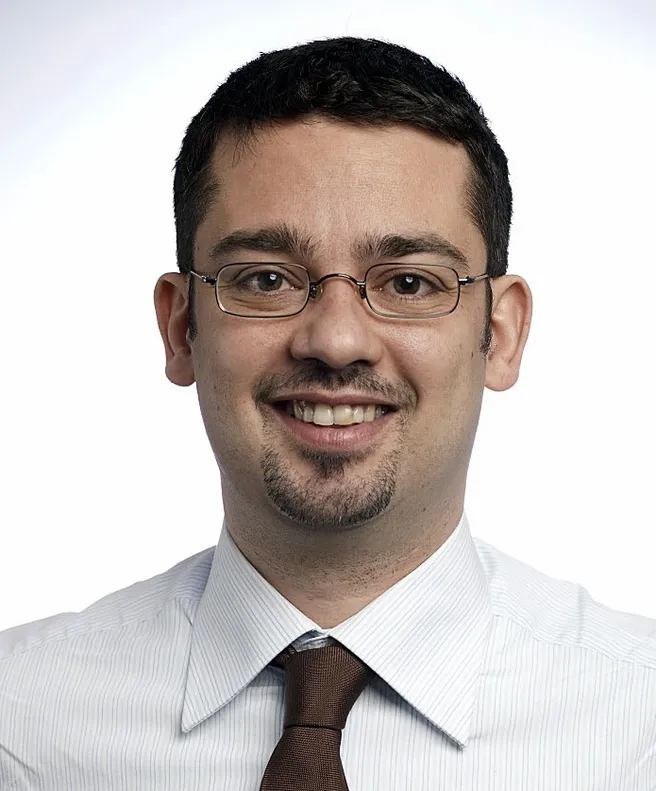How much energy is needed to transmit k bits over a fading channel?
Giuseppe Durisi
Chalmers University of Technology, Gothenburg, Sweden
Abstract:
We investigate the minimum energy required to transmit k information bits with a given reliability over a Rayleigh-fading channel, with and without channel state information (CSI) at the receiver. It is well known that the ratio between the minimum energy per bit and the noise power spectral density converges to −1.59 dB as the number of information bits k goes to infinity, regardless of whether CSI is available at the receiver or not. In this presentation, we show that, when k is finite, lack of CSI at the receiver causes a slowdown in the speed of convergence to −1.59 dB compared to the case of perfect receiver CSI. Specifically, in the no-CSI case the gap to −1.59 dB is proportional to the the cube root of ((log k)/k), whereas when perfect CSI is available at the receiver, this gap is proportional to the square root of 1/k (as in the nonfading AWGN case). Numerically, we observe that to achieve an energy per bit of −1.5 dB in the no-CSI case, one needs to transmit at least 7×10^7 information bits, whereas 6×10^4 bits suffice for the case of perfect CSI at the receiver.
Joint work with Wei Yang (Princeton) and Yury Polyanskiy (MIT).
Biography:
Giuseppe Durisi received the Laurea degree summa cum laude and the Doctor degree both from Politecnico di Torino, Italy, in 2001 and 2006, respectively. From 2006 to 2010 he was a postdoctoral researcher at ETH Zurich, Zurich, Switzerland. In 2010, he joined Chalmers University of Technology, Gothenburg, Sweden, where is now associate professor. He is also guest researcher at Ericsson, Sweden.
Dr. Durisi is a senior member of the IEEE. He is the recipient of the 2013 IEEE ComSoc Best Young Researcher Award for the Europe, Middle East, and Africa Region, and is co-author of a paper that won a "student paper award" at the 2012 International Symposium on Information Theory, and of a paper that won the 2013 IEEE Sweden VT-COM-IT joint chapter best student conference paper award. In 2015, he joined the editorial board of the IEEE Transactions on Communications as associated editor. From 2011 to 2014 he served as publications editor for the IEEE Transactions on Information Theory. His research interests are in the areas of communication and information theory.
